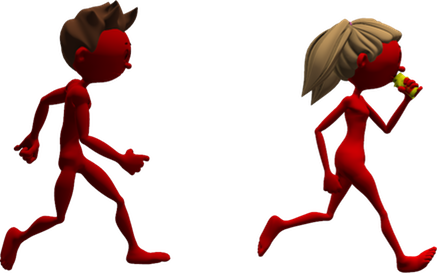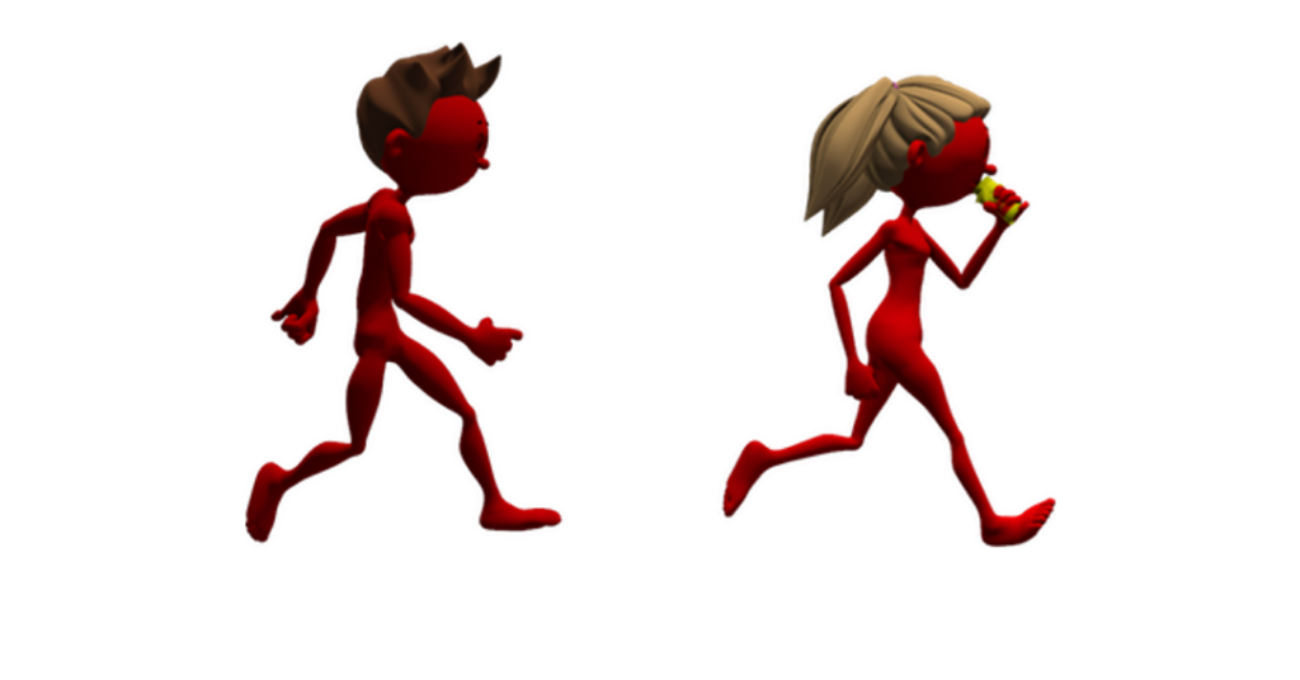Spice up your exercise?
My computer screen was commandeered this morning by a video advert featuring a former All Black captain and his elite athlete wife, running together and subliminally planting turmeric in my mind. I replayed the clip a couple of times and I think the message was ‘taking turmeric supplements somehow provides a fitness edge’.
Turmeric belongs to the ginger family and is a common culinary spice. Curcumin the active ingredient in turmeric is claimed to aid digestion, help reduce plasma cholesterol and have a role in preventing and preventing or inhibiting specific forms or cancer. In fact, it’s really claimed to prevent almost everything; it’s said to have anti-inflammatory and antioxidant properties that protect against diabetes, Alzheimer’s, heart disease and arthritis, in fact, most of the health conditions that we fear!
In exercise and sports performance terms, turmeric promises a couple of benefits; it’s anti-inflammatory properties, and its alleged ability to increase mitochondrial production. A lot of time and effort is spent on recovery from exercise, and given that mitochondria are the ‘powerhouse’ of the cell and have a significant role in aerobic metabolism, one can see that this would be a positive for aerobic capacity.
Aside from my annoyance with popups, the advert ground my gears on a couple of levels;
Number one – Ok, I understand that sensible nutrition is important for good health and athletic performance, but as far as I’m aware there are no magic foods or drinks. I don’t subscribe to the notion that you can eat yourself fit, or for that matter, eat yourself healthy. Sure I get that you can eat yourself unhealthy and probably by extension unfit, but I’m not buying the other direction.
Number two – It really cringes my hinges when celebrity is used to suggest authority about something that is unrelated to their celebrity. This ‘it worked for me, therefore, it will work for you’ pressure, is plain and simple, wrong. My guess is that the advert couple achieved their sporting success long before they were introduced to turmeric. I know that they both likely had great genetic predispositions for athletic success, they trained hard, were highly skilled and I’d imagine had tons of internal drive to compete and succeed. So please don’t treat me like a dummy and tell me it’s the turmeric!

Which brings us to number three – I really despise the widespread marketing tactic, so prevalent in the health food supplement industry, where they encourage the need to purchase something that** MIGHT** just help health and wellbeing in some UNSPECIFIED way. Companies get away with this SCARE tactic because these supplements float in a murky grey area where it’s pretty hard to prove that they are effective. There is often a trace of scientific rationale in even the most bizarre supplement claims, but because the benefits are so vague, they really can’t be directly tested to be proved or disproved. Because the ideas are untestable, the threat of scrutiny is low for companies selling these products.
After viewing the advert, I did some quick searching on the evidence for turmeric benefits and there was not a lot out there. Most research was on rats, and the few human studies were poorly designed and typically involved a small number of (untrained) participants with short duration exercise interventions. There were only a couple of studies on aerobic benefits. One claimed an improvement in aerobic fitness and lactate threshold with a 6-week training programme combined with turmeric (Hamidie et al, 2017), but the comparison was only with baseline, not an actual control group comparison. The other study (Ali & Ray, 2017 ) found no statistical difference between a turmeric intervention and a placebo.
The benefit of blunting inflammation for exercisers is that it is suggesting a reduction in muscle damage, muscle soreness and the impact on recovery. I found a few human studies on turmeric and muscle damage. One found that turmeric was effective for reducing some aspects of muscle damage after eccentric exercise (Tanabe et al, 2015) but did attenuate other markers of muscle damage. Another study (Nicol et al, 2015) found that it lowered pain associated with muscle soreness and a marker of muscle damage, but didn’t seem to reduced systemic inflammation. In recent times there has been some debate about the importance of inflammation as part of muscle and tendon’s adaptation of (blog coming up on that topic), so blunting inflammation may not be necessarily ideal anyway.
I didn’t look into health benefits, but from an exercise point of view there did not seem to be anything there to suggest that turmeric was something to add to my diet. Obviously I’d like to see more ethics around supplement marketing, but maybe role models could start by understanding the power of their image and take care with what they endorse. That Charles Barkley’s quote gets my point across nicely;
These are my new shoes. They’re good shoes. They won’t make you rich like me, they won’t make you rebound like me
The promise that turmeric might help is what captures consumers, but given how much is known about exercise prescription and training programmes, couldn’t we just try manipulating exercise a bit more before taking a punt on a miracle food? My students always told me that 1% improvement is what wins medals and makes champions, and I can accept that – but show me you’ve done the 99% before you spend money and effort chasing that elusive 1%.
I’m giving turmeric a miss – you make your own decision but I advise keeping your turmeric well away from rats – you’ll never catch them!
Best, Phil

Who do we trust? – The 10th Man
August 10, 2021 @ 6:51 pm
[…] that politicians try to ‘spin’, when it comes to alternate truths about exercise, diet (see the Turmeric blog) and health, the sheer volume of information is overwhelming and we barely notice or care about the […]